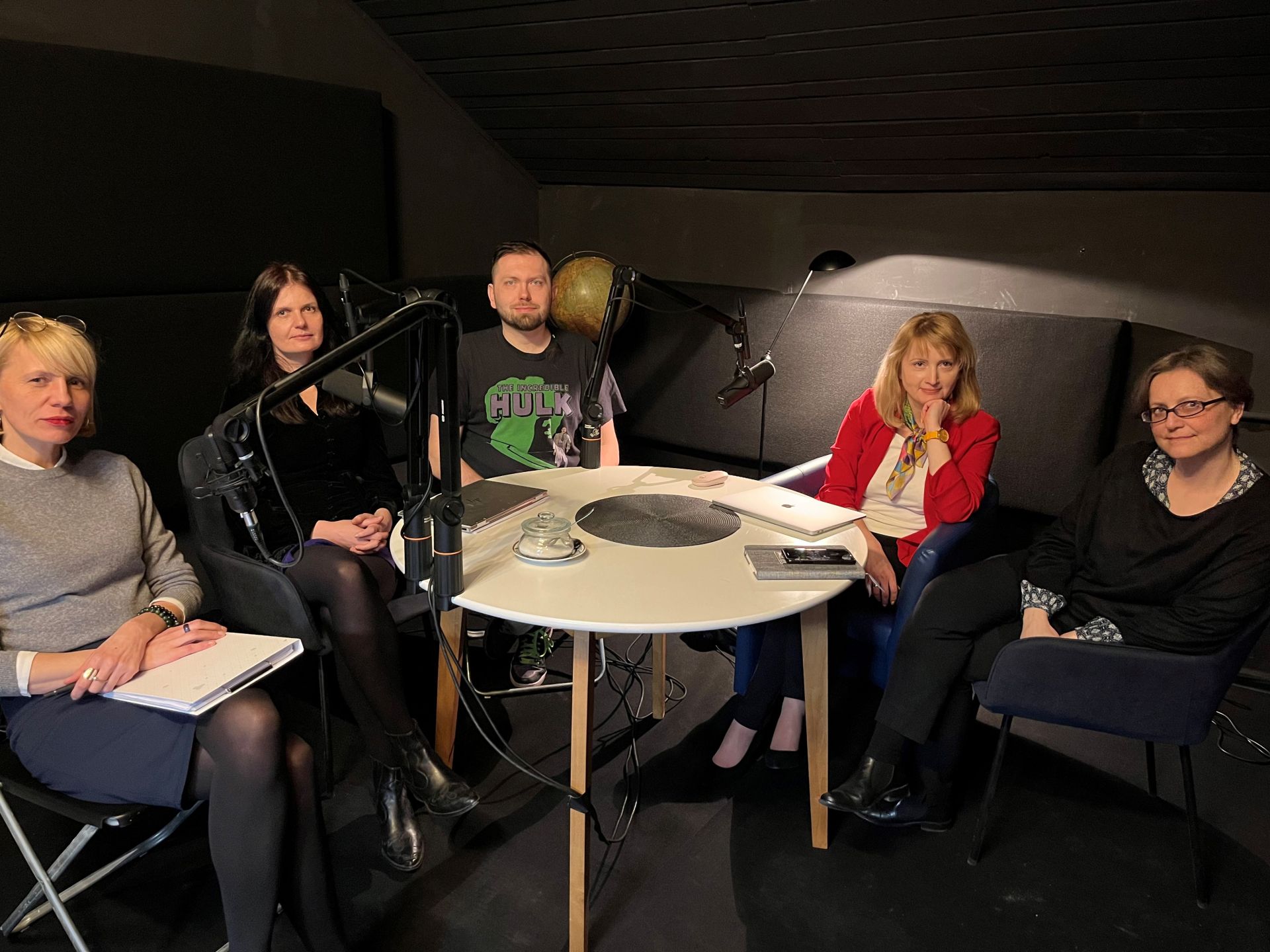In the next podcast episode, we are discussing centralisation of science in Poland and possibilities to support researchers from smaller research institutions.
Over 12 years of NCN’s operation, funding proposals have been submitted by 824 universities, research institutes of the Polish Academy of Science, research centres and other entities. The largest number of proposals came from the largest research institutions: the Masovian Voivodeship (województwo mazowieckie) (33 per cent) and Lesser Poland Voivodeship (województwo małopolskie) (11 per cent). “We see the same trend among the winning applicants. The largest number of winning grants go to the Masovian Voivodeship also because more entities from that voivodeship apply”, says Anna Strzebońska, Head of our Analysis and Evaluation Team. In 2022, out of all proposals recommended for funding, 30 per cent were awarded to research institutions from the Masovian Voivodeship and 19 per cent from the Lesser Poland Voivodeship, followed by the Greater Poland Voivodeship (województwo wielkopolskie) and Silesian Voivodeship (województwo śląskie) (11 per cent).

Our guests today include Prof. Joanna Golińska-Pilarek, NCN Council Member, Prof. Łukasz Okruszek from the Institute of Psychology, Polish Academy of Sciences and NCN grant winner, and Anna Strzebońska and Renata Mazurkiewicz from our Analysis and Evaluation Team. Our guests are talking to Anna Korzekwa-Józefowicz about centralisation of science in Poland and possibilities to support researchers from smaller research institutions.
Anna Strzebońska draws attention to the importance of accounting for various sizes of voivodeships in analysing the NCN support. The highest success rate in NCN calls over the last 12 years has been generated by research institutions from the Łódź Voivodeship (województwo łódzkie) (56 per cent), Greater Poland Voivodeship and Lublin Voivodeship (województwo lubelskie) (55 per cent).
“Comparing groups that are diverse and differ in terms of size can lead to wrong conclusions (...). The analysis of our grant distribution shows that it is not as much as the voivodeship but the type of the institution that matters. Voivodeships in which the Polish Academy of Science has its research centres are doing much better. Over the last 12 years they have generated a success rate of 29 per cent as compared to universities that have generated a success rate of 20 per cent and research institutions, 16 per cent”, she says.
Our guests have mentioned the mission of the National Science Centre which is funding the best research projects. The National Science Centre also supports smaller research institutions by promoting research mobility, introducing quota on the number of grants awarded and organising training courses for applicants and NCN Days in smaller cities. “Without ministerial support and national research policy, the National Science Centre has very few tools to considerably change the situation”, says Prof. Joanna Golińska-Pilarek.
“Fostering national mobility is appreciated but certainly not at the expense scientific excellence. A postcode must never be the key criterion for awarding grants”, says Prof. Łukasz Okruszek.
Previous episodes:
Podcast # 1. Men and women in science
Podcast # 2. How we evaluate proposals
